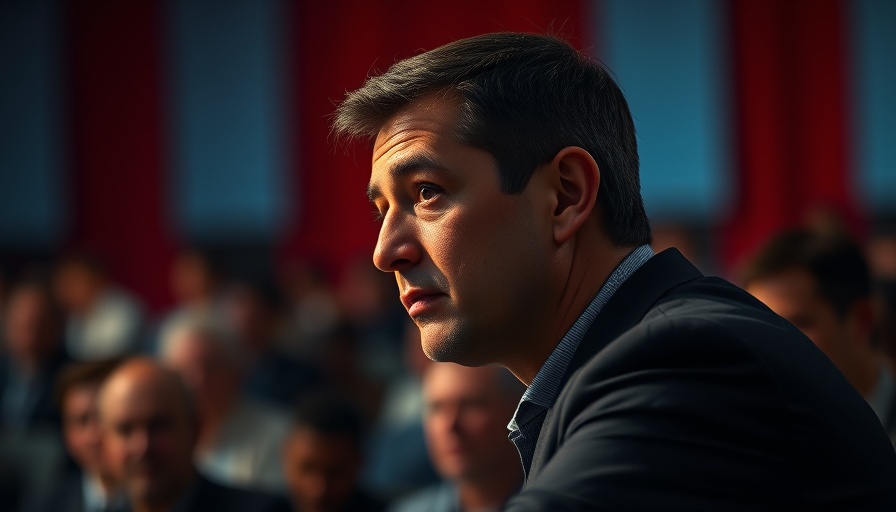
The Heart of Justice: Understanding Poverty
In his thought-provoking TED Talk, Bryan Stevenson emphasizes that "the opposite of poverty is justice." This statement resonates deeply in a world where economic disparity is often viewed as a personal failing rather than a structural issue. Understanding the nuances of poverty and justice leads us to explore the underlying causes and potential solutions that can create a more equitable society.
In 'The opposite of poverty is justice,' Bryan Stevenson discusses the profound connection between poverty and justice, exploring insights that invite us to consider our role in advocating for systemic change.
A Closer Look at Economic Injustice
Poverty isn't just about the lack of money. It encompasses a wide range of systemic issues, including inadequate education, limited access to healthcare, and deep-rooted discrimination. Stevenson points out how the legal system disproportionately affects the poor, often trapping individuals in a cycle of poverty that is difficult to escape. By examining these systemic barriers, we can start to dismantle the structures that enable poverty to persist.
Real Stories Behind the Statistics
One powerful way to understand the impact of poverty is through the stories of those who experience it. Take, for example, the story of a single mother navigating the complexities of welfare while trying to maintain a job. She often faces the impossible choice between working fewer hours to qualify for subsidies or taking up multiple jobs that barely cover her family's needs. These daily struggles highlight the emotional toll of poverty beyond mere statistics.
The Role of Justice in Alleviating Poverty
Justice, as Stevenson suggests, has the potential to bridge the gap between wealth and poverty. By advocating for policies that focus on equitable access to resources—including fair legal representation, affordable healthcare, and quality education—we can empower individuals and communities to lift themselves out of poverty. This holistic approach not only benefits the individuals directly affected but enriches society as a whole.
Taking Action: What Can We Do?
Understanding these issues is only the first step; taking action is where the real change happens. Community involvement, advocacy for reform, and education on the socio-economic factors of poverty can create ripples of change. Individuals can support local organizations focused on providing resources and opportunities for those in need, fostering a supportive environment that promotes social justice.
In conclusion, Bryan Stevenson’s statement opens up a dialogue about the critical relationship between poverty and justice. While it’s easy to label individuals as merely unfortunate, we must recognize the systemic injustices that enable poverty to thrive. Each of us can play a vital role in championing justice and working towards an equitable society.
 Add Row
Add Row  Add
Add 




Write A Comment